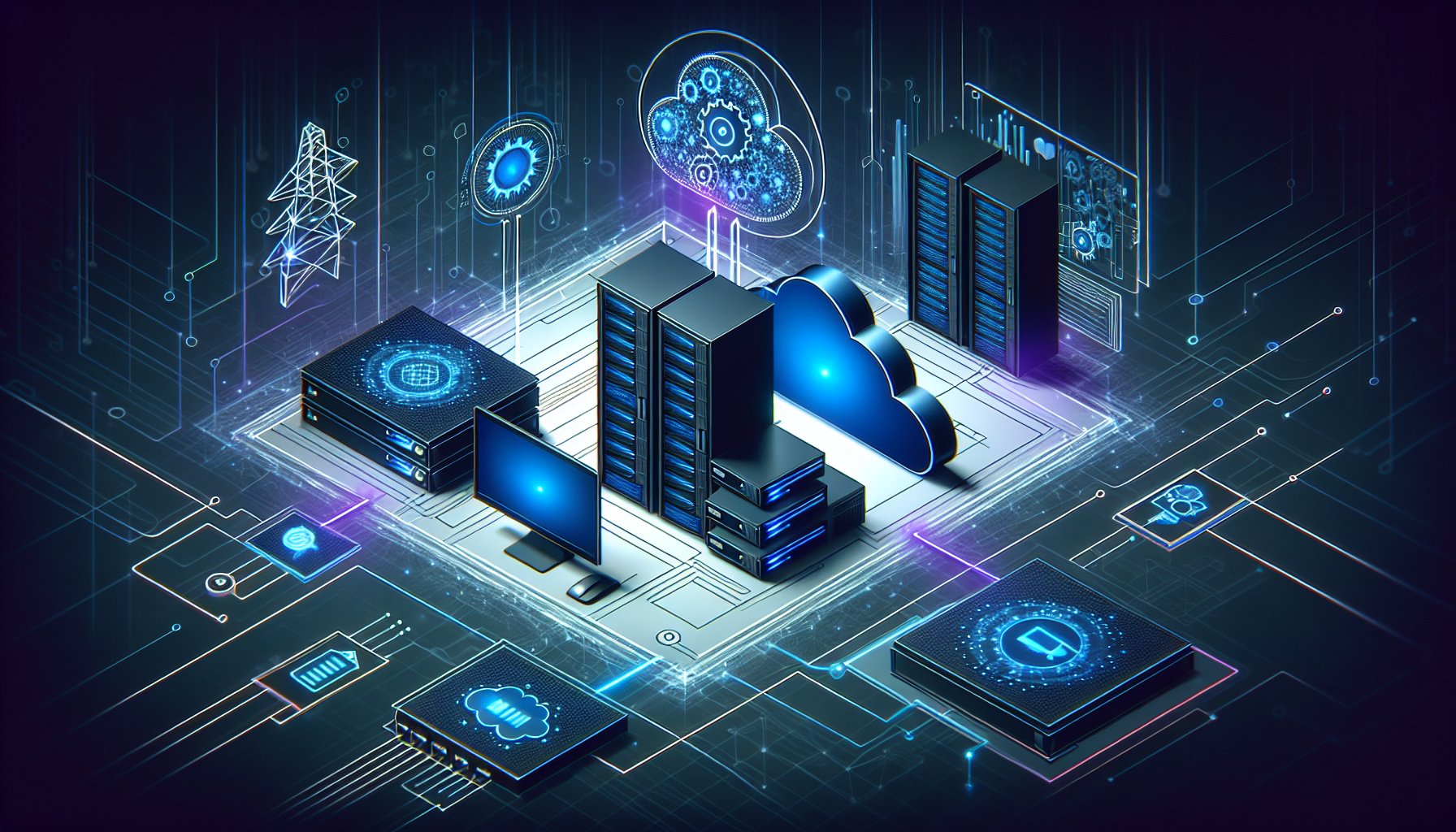Introduction
The world of IT development is continuously evolving, with DevOps practices leading the charge. Today's DevOps landscape is vastly different from its predecessors, focusing on innovative approaches such as Continuous Integration and Delivery (CI/CD), Infrastructure as Code (IaC), Microservices, and Containerization. Let's dive deeper into these modern DevOps methodologies.
Continuous Integration and Continuous Delivery (CI/CD)
CI/CD is the backbone of modern DevOps. It is a method to frequently deliver apps to customers by introducing automation into the stages of app development. The primary concepts attributed to CI/CD are continuous integration, continuous delivery, and continuous deployment.
CI/CD pipelines are designed to detect coding issues as early as possible, which involves automatically building and testing code changes. The ultimate goal is to improve software quality and reduce time to deliver it.
CI/CD in Action
Consider the latest open-source CI/CD tools like Jenkins X, Spinnaker, or Tekton. They offer automation and cloud-native support for delivering high-quality software faster and more reliably.
Infrastructure as Code (IaC)
IaC is the process of managing and provisioning computer data centers through machine-readable definition files, rather than physical hardware configuration or interactive configuration tools. It's akin to programming scripts to automate the process of setting up and configuring virtual servers.
IaC in Action
Tools like Terraform, Ansible, and Chef are revolutionizing IaC, offering multi-cloud support, easy-to-write scripts, and a burgeoning community of developers. For example, a simple Terraform script can set up a complete network architecture in AWS, GCP, or Azure in a matter of minutes.
Microservices
Microservices, or the microservices architectural style, is an approach to developing a single application as a suite of small services, each running in its process and communicating with lightweight mechanisms, often an HTTP resource API.
Microservices in Action
Consider frameworks like Spring Boot for Java, Express.js for Node.js, or Flask for Python that help in creating stand-alone, production-grade applications that you can "just run". Coupled with Docker containers, they offer an excellent way to build and deploy microservices.
Containerization
Containerization, led by Docker and Kubernetes, is the use of OS-level virtualization to deploy and run distributed applications without launching an entire virtual machine for each app. Multiple isolated applications or services run on a single host and access the same OS kernel.
Containerization in Action
Docker and Kubernetes form the backbone of modern containerization practices. Docker helps in encapsulating the software in a file system that contains everything it needs to run, ensuring that it will always run the same, regardless of its environment. Kubernetes, on the other hand, helps in automating deployment, scaling, and management of containerized applications.
Conclusion
The future of DevOps is here, and it's all about automation, agility, and speed. By embracing CI/CD, IaC, Microservices, and Containerization, businesses can stay ahead of the curve, deliver higher quality software faster, and meet customer needs more effectively. The key is to stay open to innovation, focus on continuous learning, and adapt to new tools and practices as they emerge.
